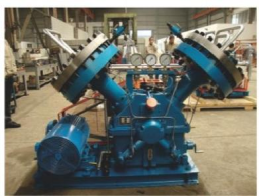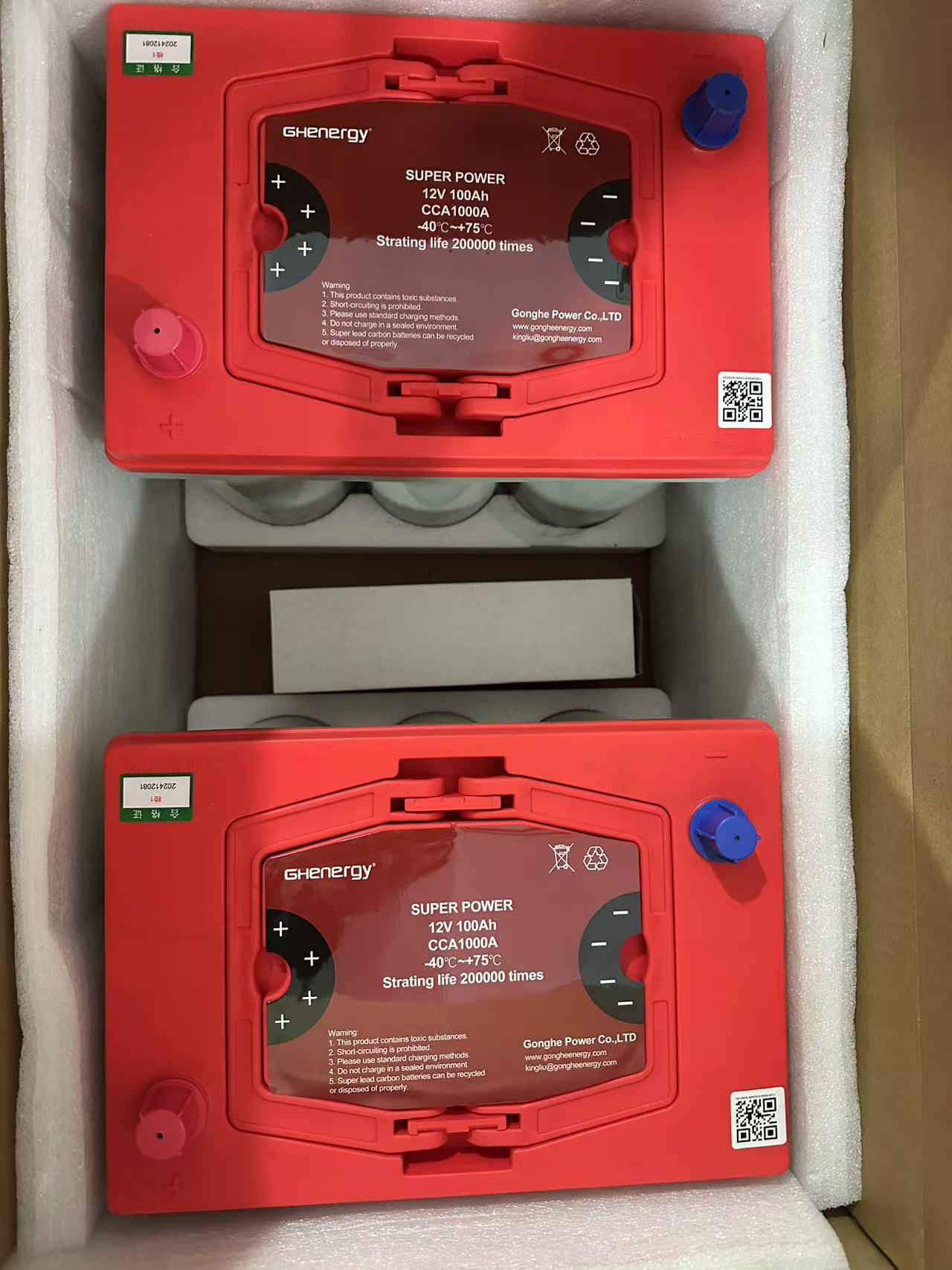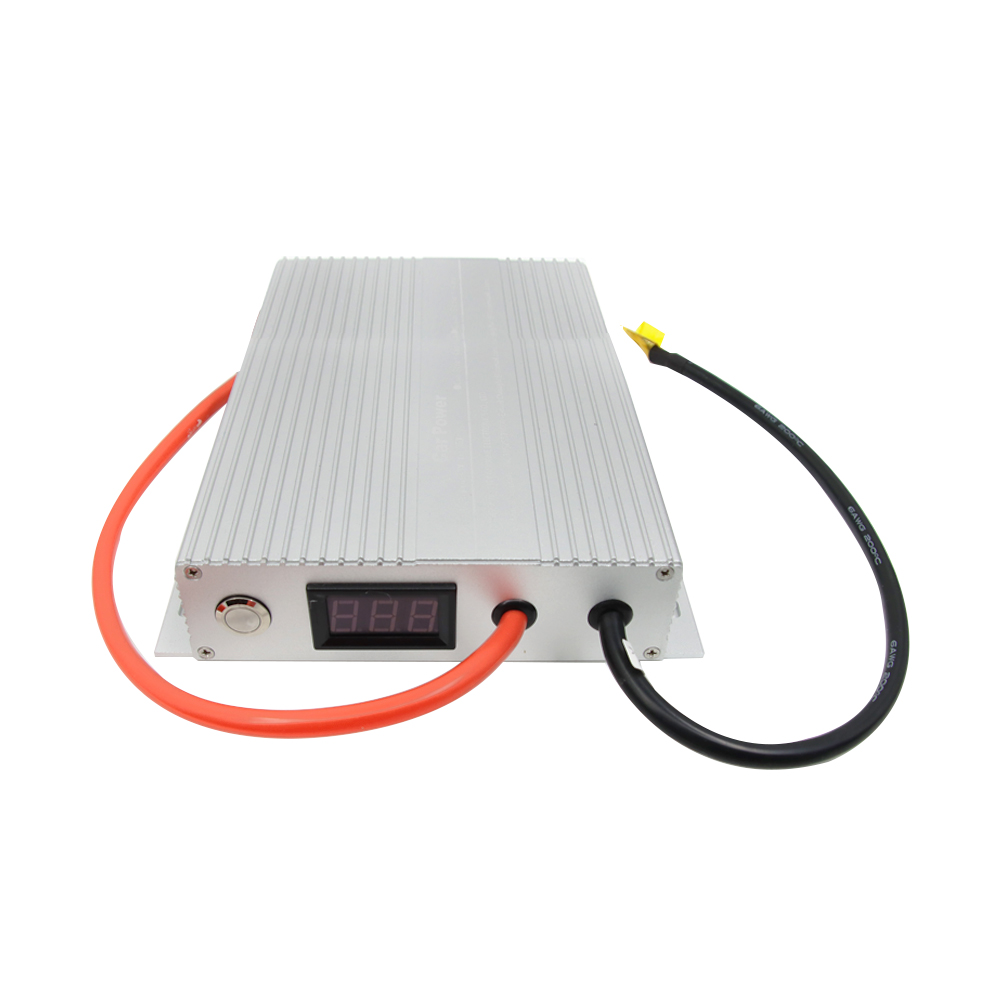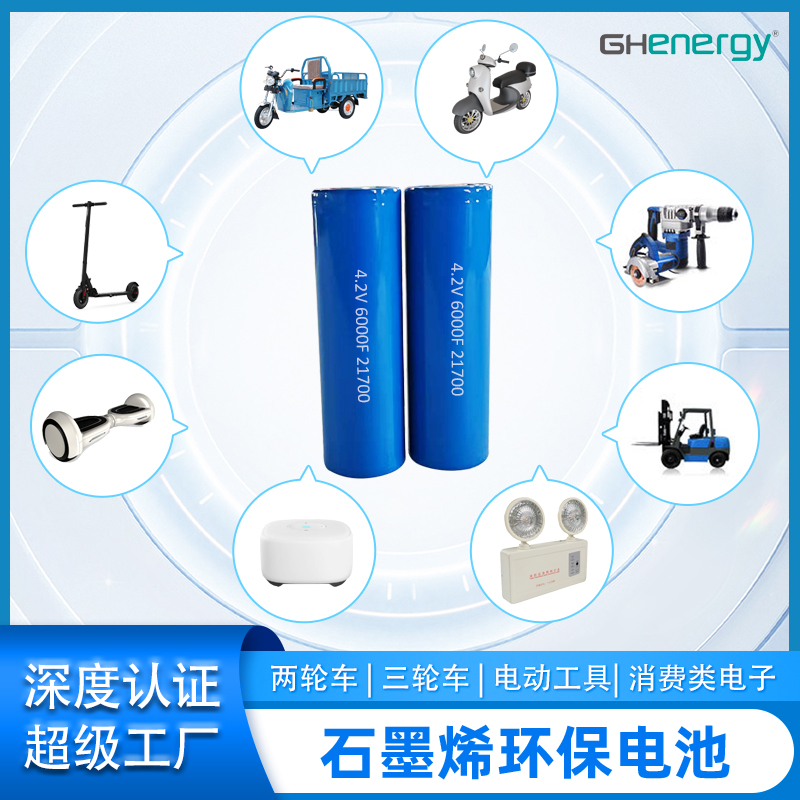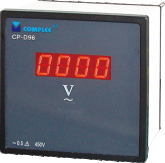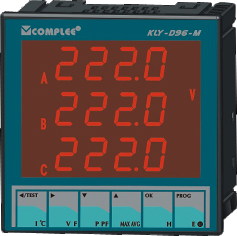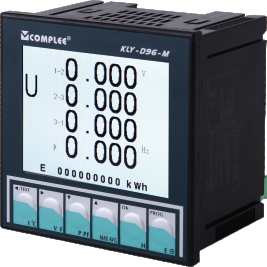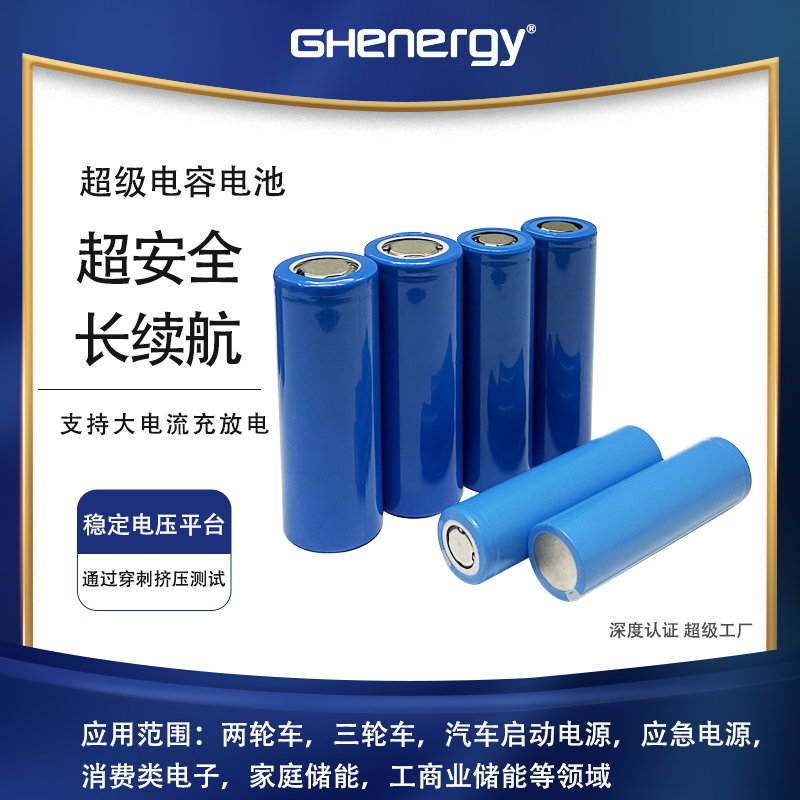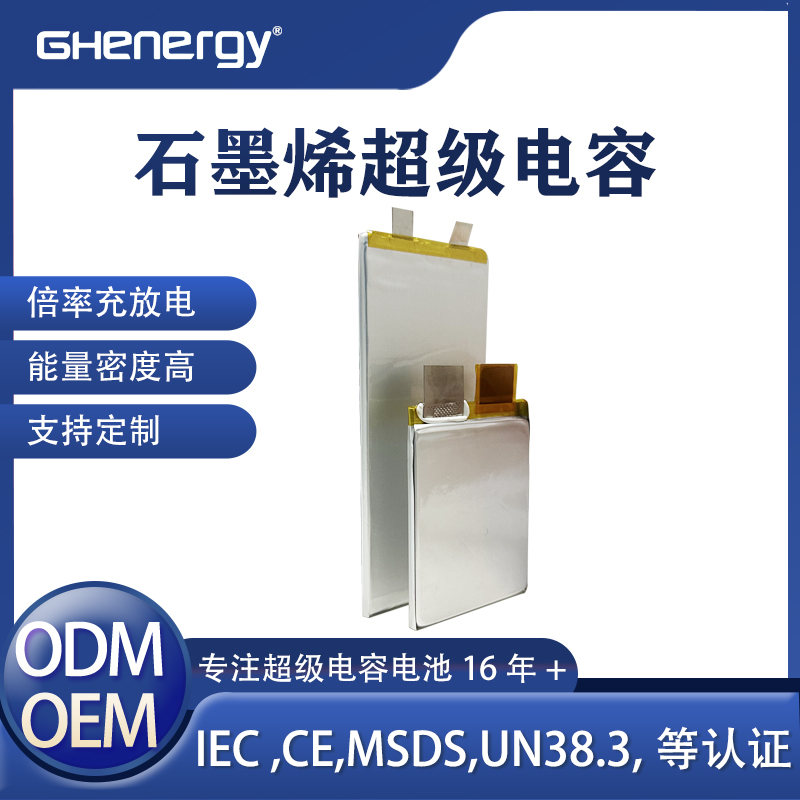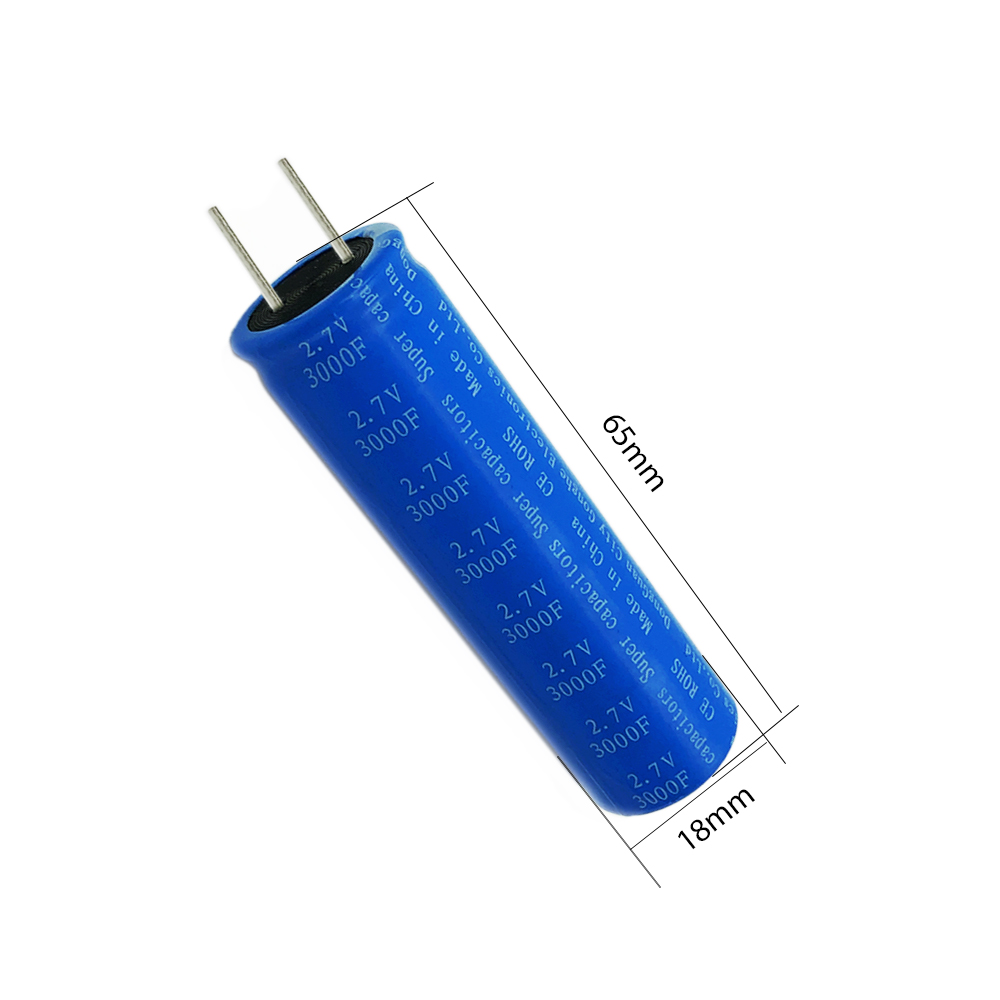 Wedoany.com Report-Feb 21, Bosch is realigning its activities and investments in stationary hydrogen technologies. In future, the technology company will focus more on technologies for hydrogen production and the supply of electrolysis components - especially PEM electrolysis stacks (PEM = proton exchange membrane). Against this background, activities related to the industrialization and series development of systems for decentralized energy supply based on solid oxide fuel cell technology (SOFC) will be terminated. Bosch will continue its research activities on solid oxide technology within its corporate research. The company is also continuing its strong commitment to the mobile application of H2 in fuel cells and hydrogen engines.
Wedoany.com Report-Feb 21, Bosch is realigning its activities and investments in stationary hydrogen technologies. In future, the technology company will focus more on technologies for hydrogen production and the supply of electrolysis components - especially PEM electrolysis stacks (PEM = proton exchange membrane). Against this background, activities related to the industrialization and series development of systems for decentralized energy supply based on solid oxide fuel cell technology (SOFC) will be terminated. Bosch will continue its research activities on solid oxide technology within its corporate research. The company is also continuing its strong commitment to the mobile application of H2 in fuel cells and hydrogen engines.
Over the past ten years, Bosch and its partners have worked together to further develop solid oxide fuel cell technology for decentralized energy supply systems. A high level of technical maturity has been achieved and demonstrated in more than 100 pilot plants. However, the market has developed differently than expected in the recent past. On the one hand, there is a particular demand for systems in a higher performance class with CO2 capture , which makes the framework conditions for economic operation much more demanding. On the other hand, the conversion of hydrogen into electricity does not yet have the necessary priority in Europe, especially in Germany. As a result, further development work will be required in the coming years, which will significantly reduce economic efficiency.
"In view of volatile market developments, we as a company must pool our strengths and focus our portfolio. We see hydrogen as an important energy source for decarbonizing the energy system. For the renewable production of hydrogen, electrolysis plants with powerful stacks must be built on a large scale worldwide. With our know-how, this presents great business opportunities for Bosch. We will focus on this.”
Dr. Thomas Pauer, Chairman of the Board of Management of Bosch Power Solution
"In view of volatile market developments, we as a company must pool our forces and focus our portfolio. We see hydrogen as an important energy source for decarbonizing the energy system. For the renewable production of hydrogen, electrolysis plants with powerful stacks must be built on a large scale worldwide. With our know-how, this represents great business opportunities for Bosch. We will focus on this," said Dr. Thomas Pauer, President of the Bosch Power Solutions division.
Bosch employs around 550 people in the SOFC business, mostly in Germany. In close consultation with employee representatives, socially acceptable solutions are being sought for these employees. For example, an opportunity in the field of electrolysis could arise for some of the employees. The specific measures are the subject of the upcoming discussions.
As a result of this revised strategic direction, Bosch has informed its technology partner Ceres Power that it will terminate the technology partnership in an orderly manner while fulfilling its contractual obligations. The Bosch representative on the supervisory board of Ceres Power will resign with immediate effect. Bosch will consider its minority stake in Ceres Power as a non-core financial investment in the future. Over time, divestment options for the minority stake in Ceres Power will also be examined.
Hydrogen remains a strategic growth area for Bosch. By 2030, Bosch's sales from hydrogen technology are expected to reach billions. The market for H2 production in particular is moving. By 2030, the capacity for hydrogen electrolysis worldwide will reach between 100 and 170 gigawatts of installed output. By the end of the decade, the global electrolysis market is expected to have a volume of up to 37 billion euros. With its electrolysis stack, Bosch is on track to enter the market this year.

